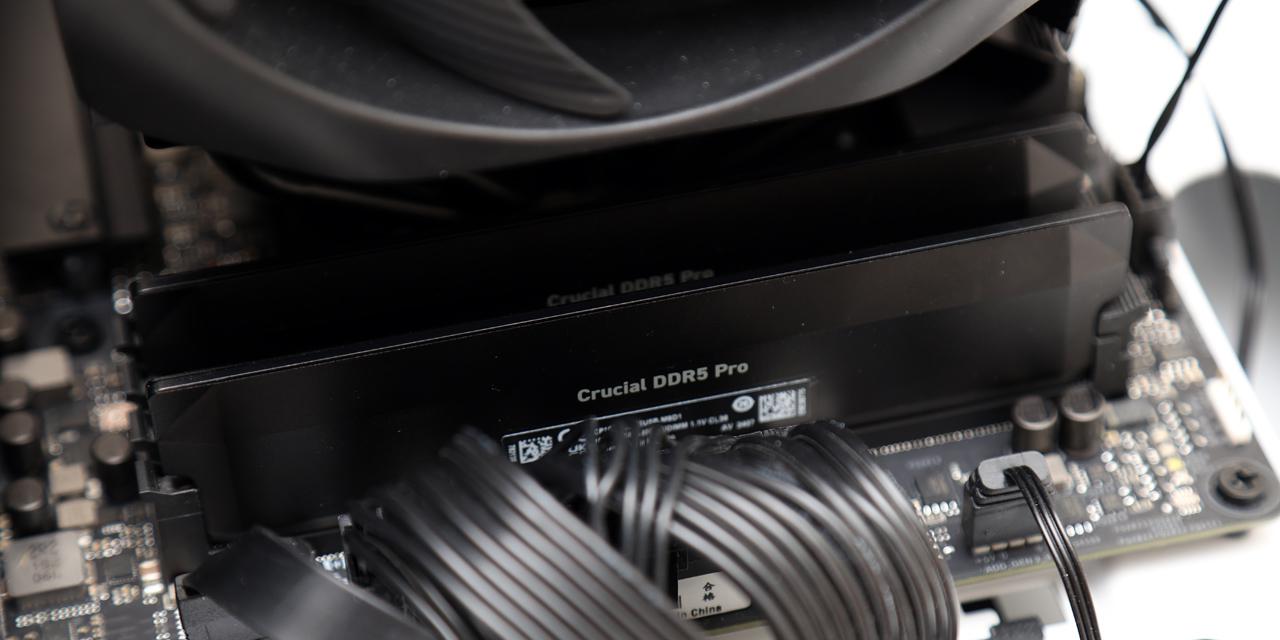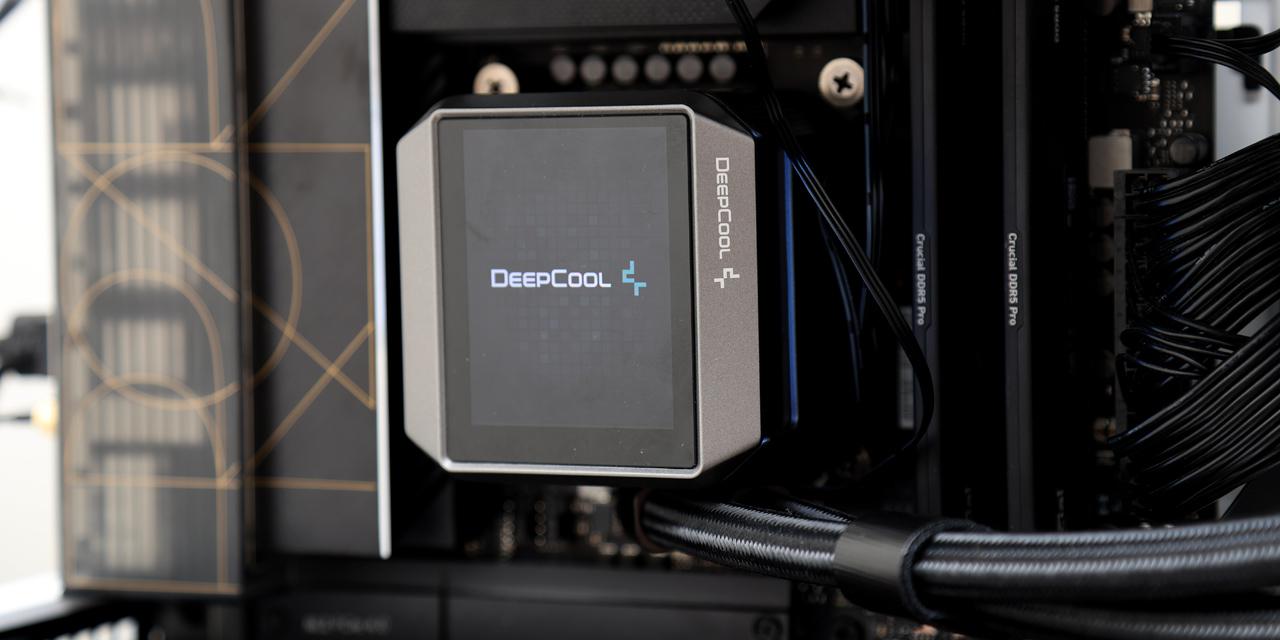|
From X-bit Labs: It is not a secret that Amazon, the world's largest online store, is working hard to secure a place in the world of digital entertainment. The company already sells electronic book readers and media tablets. In addition, it was also reported late in 2011 that the company was working on a smartphone. On Friday, new rumours about the device transpired and they point to a rather interesting, not another Android-based handset. Apparently, Amazon is working on its handset with Foxconn Electronics, the world's largest contract maker of electronics that also manufactures Apple iPhone and iPad, according to Bloomberg news-agency, which cites two independent sources with knowledge of the matter. At present nothing particular, e.g., screen size, resolution and so on, is known about the advanced mobile phone from Amazon. Earlier rumours pointed to chips from Texas Instruments and/or Qualcomm to power the device. It is also not reported when the Amazon Kindle smartphone is set to be available, but previously it was projected that the product would be released in Q4 2012. But designing an own-brand handset is not something uncommon these days, at the end, it is possible to sell existing devices under own brand with pre-loaded exclusive software. In fact, Amazon has been cherry-picking patents on wireless technologies with the help of leading patent specialists in order to avoid patent wars with other players, such as Apple, Nokia and others. Such a cautious approach points to the fact that Amazon considers its smartphone seriously and probably wants to equip it with technologies that will either change the market or will affect it so seriously that the competitors would try to halt its sales. The approaches to Kindle and Kindle Fire were different. Smartphone will be a logical addition to Amazon's existing gadget lineup that includes a 7" tablet as well as a family of e-book readers. Since Amazon does not need to make money on the device itself and will likely impose rather strict limitations in order to enforce customers to buy content or programs only from Amazon and thus maximize the company's profits. Still, thanks to those restrictions, the product will likely be very inexpensive. View: Article @ Source Site |
 |
Evidence Mounts that Amazon Preps Smartphone Launch for Late 2012
© Since 2005 APH Networks Inc. All trademarks mentioned are the property of their respective owners.





